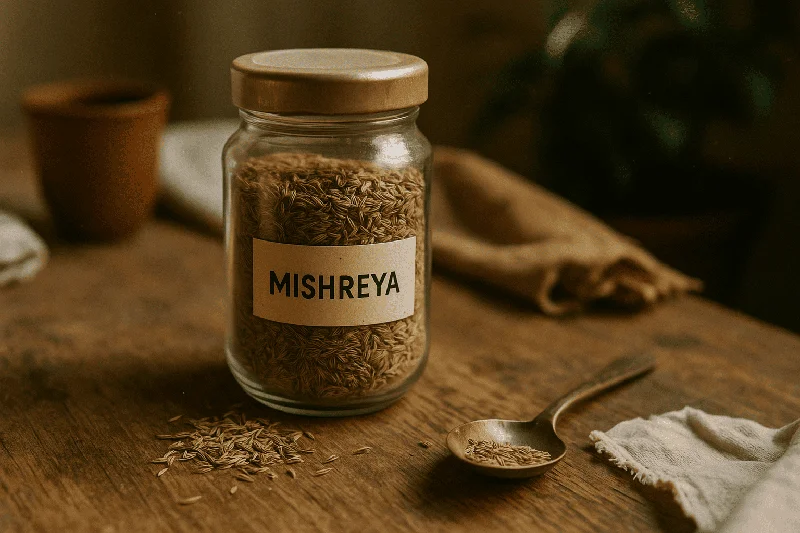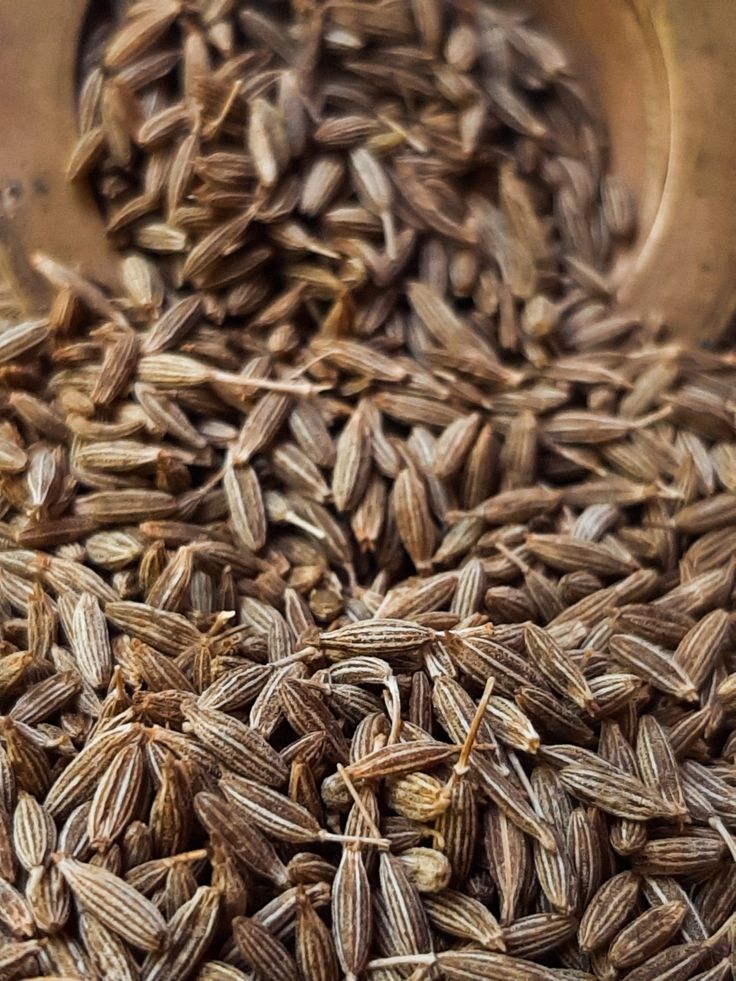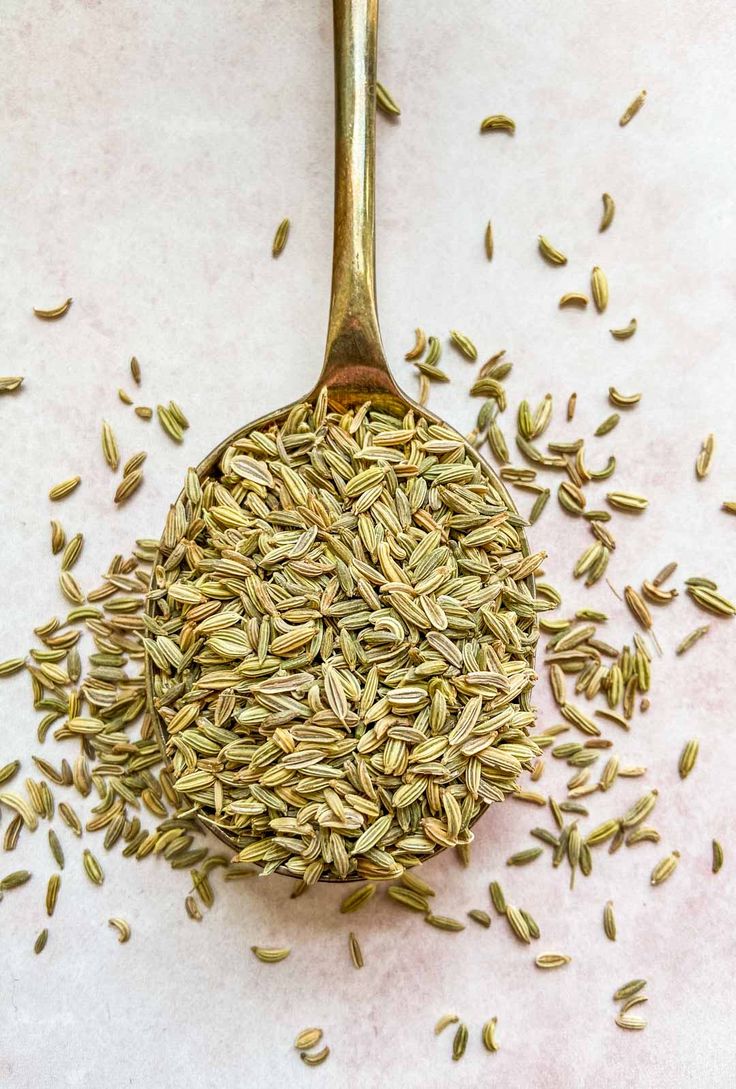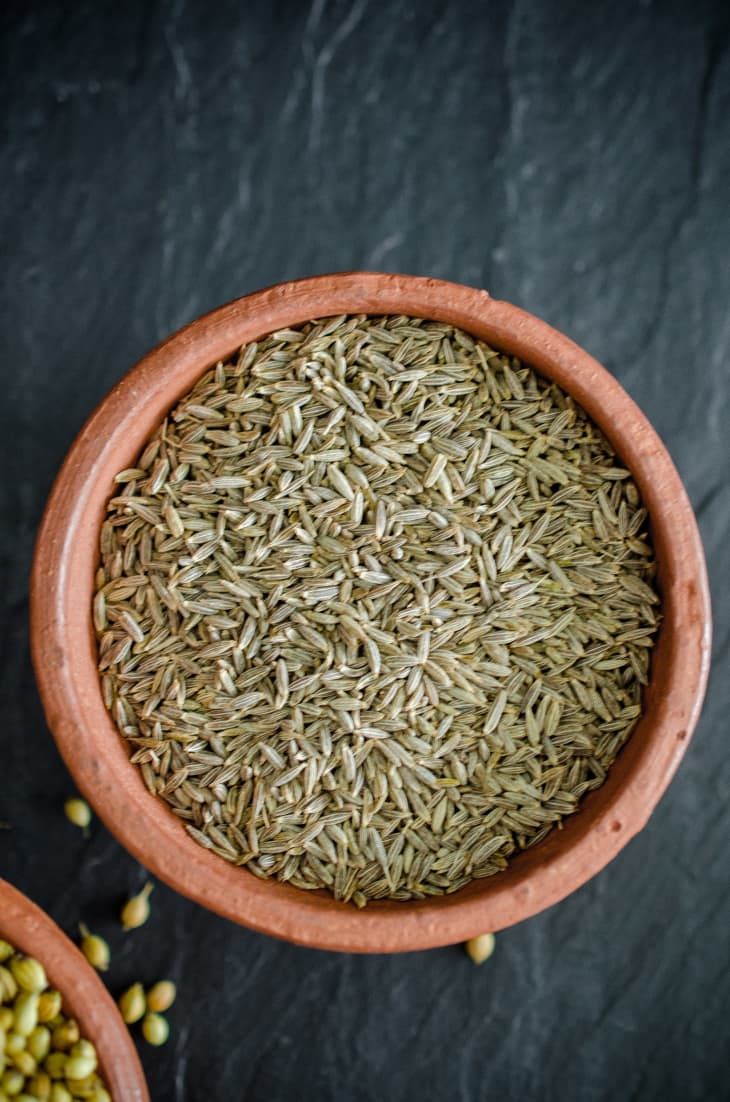Mishreya in Ayurveda: Understanding Its Benefits and Uses

Introduction to Mishreya in Ayurveda
Mishreya is an important concept in Ayurvedic medicine that refers to the combination of two or more substances, typically herbs, spices, or other ingredients, to enhance their therapeutic effects. The practice of Mishreya is based on the Ayurvedic principle of synergistic formulations, where certain combinations are used to optimize the benefits of individual ingredients. These combinations are believed to work together in a way that is more effective than when the ingredients are used separately.
In Ayurveda, the idea behind Mishreya is to balance the doshas (Vata, Pitta, and Kapha), promote Agni (digestive fire), and address specific imbalances in the body. Mishreya formulations are used to treat a wide range of conditions, from digestive issues and skin problems to fatigue and stress.
Historical Roots & Ayurvedic Perspective
The practice of combining herbs and other ingredients is deeply rooted in ancient Ayurvedic texts, where medicinal formulations are created based on the principle that certain ingredients can work together to create a more powerful and balanced therapeutic effect. The combinations of ingredients used in Mishreya are designed to address specific imbalances in the body, whether it’s an excess of Pitta (fire), Vata (wind), or Kapha (earth and water).
The effectiveness of Mishreya formulations lies in the concept of Virya (potency) and Prabhava (unique effects), which refer to the inherent qualities and actions of the ingredients. By understanding the properties of these substances, Ayurvedic practitioners create combinations that complement each other, improving the overall therapeutic action of the remedy.
Key Benefits of Mishreya in Ayurveda
1. Synergistic Effects of Herbal Combinations
One of the main benefits of Mishreya is the enhanced therapeutic effects of combining herbs that complement each other. The right combinations of herbs can amplify the healing properties of each herb, making the remedy more effective in treating specific conditions. For example, combining Triphala (a blend of three fruits) with Ginger can support digestion, detoxification, and improve the absorption of nutrients.
2. Promotes Digestive Health
Mishreya formulations are often used to improve Agni (digestive fire) and support overall digestive health. By balancing the doshas and ensuring proper digestion, Mishreya combinations can help treat conditions such as indigestion, bloating, and constipation. Triphala, Ginger, and Ajwain (carom seeds) are commonly used together in Mishreya formulations to promote digestion and relieve discomfort in the stomach.
3. Balances the Doshas
The main goal of Mishreya is to balance the doshas, especially when they are aggravated. For instance, when Pitta is too high, it can lead to conditions like acidity, inflammation, and skin issues. Mishreya combinations such as Amla, Neem, and Turmeric can help cool the body, reduce inflammation, and restore balance. Similarly, when Vata is out of balance, combinations like Ashwagandha and Shatavari can help calm the nervous system, reduce dryness, and restore vitality.
4. Supports Immune Function
Mishreya combinations also support the immune system by improving the body's ability to fight infections and prevent disease. Certain herbal combinations like Tulsi (holy basil), Giloy, and Guduchi are known for their immune-boosting properties. These herbs can be combined to strengthen the body’s defenses, improve overall health, and enhance vitality.
5. Enhances Skin Health
Ayurvedic formulations that involve Mishreya are often used to improve skin health by balancing the Pitta dosha, which governs the skin and complexion. Combining herbs like Sandalwood, Neem, and Turmeric can reduce inflammation, prevent acne, and enhance skin radiance.
6. Alleviates Stress and Fatigue
Certain Mishreya formulations are designed to help alleviate stress and fatigue by balancing the Vata dosha, which governs the nervous system and energy levels. Herbs such as Ashwagandha, Brahmi, and Shatavari are often used together to improve mental clarity, reduce anxiety, and restore energy.
Common Mishreya Formulations and Their Uses
1. Triphala with Ginger
One of the most well-known and widely used Mishreya formulations is Triphala (a combination of Amla, Haritaki, and Bibhitaki) with Ginger. This combination is highly effective for promoting digestion, supporting detoxification, and relieving constipation. The synergistic effect of these herbs helps balance the doshas and improve overall digestive health.
2. Amla and Turmeric
Amla (Indian gooseberry) is rich in Vitamin C and antioxidants, while Turmeric has anti-inflammatory properties. When combined, these herbs work together to improve immune function, detoxify the body, and support the skin. This combination is often used to treat skin issues, boost immunity, and reduce inflammation.
3. Ashwagandha and Shatavari
This powerful Mishreya combination is used to rejuvenate the body, calm the nervous system, and improve vitality. Ashwagandha is known for its adaptogenic properties that help the body cope with stress, while Shatavari is a supportive herb for reproductive health. Together, they are used to manage stress, improve stamina, and promote hormonal balance.
4. Guduchi and Giloy
Both Guduchi and Giloy are known for their immune-boosting properties. When combined, they work synergistically to enhance immune function, fight infections, and increase overall vitality. This Mishreya formulation is commonly used to strengthen the body’s defense system and improve energy levels.
How Mishreya Works
Mishreya works by leveraging the synergistic effects of combining herbs and substances with complementary actions. By understanding the inherent qualities of each ingredient, Ayurvedic practitioners create formulas that balance the doshas, enhance digestive function, and promote overall health. The correct combination of ingredients amplifies the therapeutic effects of each herb, allowing the remedy to address multiple health concerns at once. This holistic approach restores harmony in the body and mind.
 Choosing the Right Mishreya Formulation
Choosing the Right Mishreya Formulation
When considering Mishreya for health issues, it is important to consult with an experienced Ayurvedic practitioner who can assess your doshic balance and recommend the most suitable formulation. Ayurvedic practitioners will consider your specific health condition, constitution, and lifestyle to tailor a Mishreya remedy that works best for you.
Recommended Dosage & Usage
The dosage and usage of Mishreya formulations depend on the specific herbs used and the individual’s health condition. General guidelines include:
- Triphala with Ginger: Take 1 teaspoon of Triphala powder mixed with a pinch of ginger powder, once or twice a day with warm water.
- Amla and Turmeric: Consume a mixture of 1/2 teaspoon of turmeric powder and 1 teaspoon of Amla powder, once or twice daily.
- Ashwagandha and Shatavari: Take 1 teaspoon of Ashwagandha and Shatavari powder, mixed with warm milk or water, once daily.
- Guduchi and Giloy: Take 1 tablespoon of Guduchi or Giloy juice, once or twice a day, or as directed by an Ayurvedic practitioner.
Always follow the dosage and usage recommendations provided by your Ayurvedic practitioner for optimal results.
Potential Side Effects & Precautions
While Mishreya formulations are generally safe when used as directed, there are a few precautions to consider:
- Allergic Reactions: Some individuals may have sensitivities to certain herbs. Always perform a patch test or consult with an Ayurvedic practitioner before using new formulations.
- Pregnancy & Nursing: Pregnant or nursing women should consult with a healthcare provider or Ayurvedic professional before using any new herbal remedies.
- Pre-existing Conditions: Individuals with pre-existing medical conditions, particularly those related to the digestive system or hormonal imbalances, should consult an Ayurvedic practitioner before starting a Mishreya remedy.
Frequently Asked Questions for Mishreya in Ayurveda
What is Mishreya in Ayurveda?
Mishreya refers to the combination of two or more herbs or ingredients in Ayurvedic medicine to enhance their therapeutic effects. These combinations are carefully selected to balance the doshas and address specific health concerns.
How does Mishreya work in Ayurveda?
Mishreya works by leveraging the synergistic effects of herbal combinations. These combinations enhance the properties of each ingredient, allowing them to work together to balance the doshas, improve digestion, and promote overall health.
What are the benefits of Mishreya?
Mishreya formulations offer numerous benefits, including promoting digestive health, balancing the doshas, boosting immunity, improving skin health, and reducing stress. The right combination of herbs can address a variety of health concerns and restore balance to the body and mind.
Is Mishreya effective for digestive issues?
Yes, Mishreya is highly effective for digestive issues such as constipation, bloating, and indigestion. Formulations like Triphala with Ginger are commonly used to improve digestion, stimulate bowel movements, and soothe digestive discomfort.
Can Mishreya be used to boost immunity?
Yes, Mishreya combinations like Guduchi and Giloy are known for their immune-boosting properties. These combinations help strengthen the immune system, fight infections, and increase overall vitality.
How should I choose the right Mishreya formulation?
Choosing the right Mishreya formulation depends on your specific health concerns, doshic imbalances, and constitutional needs. It is best to consult with an Ayurvedic practitioner who can assess your condition and recommend the most suitable remedy.
Can Mishreya be used alongside other Ayurvedic treatments?
Yes, Mishreya can often be used alongside other Ayurvedic treatments. However, it is important to consult with an Ayurvedic practitioner to ensure the remedies are compatible and address your specific health needs.
Conclusion & Expert Insights
Mishreya is a powerful and effective concept in Ayurveda that uses synergistic combinations of herbs to restore balance, improve digestion, and support overall health. Whether used for digestive issues, immunity, or stress relief, Mishreya formulations offer a holistic approach to wellness. Always consult with a qualified Ayurvedic practitioner for personalized guidance to ensure the best results.
References & Further Reading
- Lad, V. (2002). Ayurveda: The Science of Self-Healing.
- Sharma, P.V. (1995). Ayurvedic Healing: A Comprehensive Guide.
- National Institute of Ayurveda:
- Journal of Ayurveda and Integrative Medicine for research articles on Ayurvedic formulations and their benefits.
Got any more questions?
Ask Ayurvedic doctor a question and get a consultation online on the problem of your concern in a free or paid mode.
More than 2,000 experienced doctors work and wait for your questions on our site and help users to solve their health problems every day.



